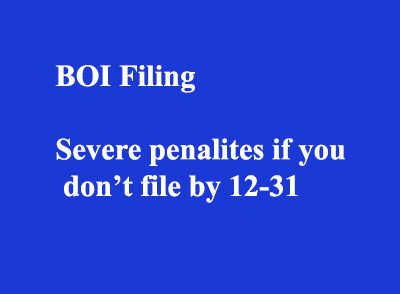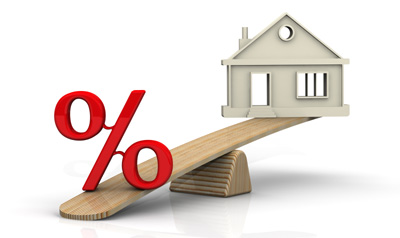Buying a home is one of the biggest financial decisions you’ll ever make—and if you’re
just starting your journey, one of the first questions you’re likely asking is: How much
house can I afford?
Understanding this isn’t just about how much you want to spend—it’s about how much
you can borrow, and more importantly, how much you can comfortably repay month
after month. In this post, we’ll break down the key basics for beginners.
1. Start with Your Budget
Before even talking to a lender, take a good look at your current financial situation. A
common rule of thumb is the 28/36 rule:
* No more than 28% of your gross monthly income should go toward housing costs (mortgage, insurance, taxes).
* No more than 36% of your gross monthly income should go toward all debts
(credit cards, car loans, student loans, etc.).
This gives you a rough idea of what your monthly mortgage payment should look like
without stretching yourself too thin.
2. Understand All the Costs Involved
The mortgage payment is just one piece of the puzzle. Be sure to factor in:
* Property taxes
* Homeowners insurance
* Private mortgage insurance (PMI) – usually required if your down payment is less than 20%
* HOA fees (if applicable)
* Utilities and maintenance
These can significantly impact how much you can afford.
3. Check Your Credit Score
Your credit score plays a big role in what interest rate you’ll qualify for—and that
directly affects your monthly payment. The better your credit, the better the rate.
Tip: A small difference in interest rate (even 0.5%) can change your monthly payment by
hundreds of dollars over time.
4. Consider Your Down Payment
The more you put down upfront, the less you’ll need to borrow—and the less you’ll pay
in interest over time. Here are some common down payment options:
* 20% down: Traditional standard, avoids PMI.
* 3–5% down: Available for many first-time buyers (FHA, conventional programs).
* 0% down: Possible for VA or USDA loans (if you qualify).
5. Get Pre-Approved for a Mortgage
Before house hunting, it’s smart to get pre-approved. A pre-approval gives you a clear
idea of how much a lender is willing to offer, based on your income, credit, and debt. It
also makes you a more serious buyer in the eyes of sellers.
6. Don’t Max Out Your Budget
Just because a lender approves you for a certain amount doesn’t mean you should
spend it all. Life happens—cars break down, medical bills pop up, or job situations
change. Leave yourself some breathing room.
Final Thoughts
Figuring out how much house you can afford is the first—and most important—step in
the homebuying process. It sets the stage for the entire journey and helps ensure you
land in a home you love and can afford.
Still not sure where to start? I can help walk you through your options and find a
mortgage that fits your budget and goals. Contact me today to get pre-approved and
start your path to homeownership with confidence!
When you are purchasing a home or looking for a new mortgage, call Ruth. Ruth
Schoenherr is a mortgage broker who will help you find home loans in the Clearwater
and Tampa Bay area, and serving all of Florida. For more information, go to her web site
at www.ClearwaterMortgageBroker.net or call at 727 447-2418.
Ruth Schoenherr NMLS Florida Mortgage Lender License 336647
Innovative Mortgage NMLS 250769









